Our Biggest (Repeated) Mistake
Bolingo Village was a goal for years before it was a reality. Now, with our gates open and the sounds of our kiddos running and playing filling the air for over two years, we wanted to look back at some of the mistakes we had to overcome (and are still overcoming) on the journey to help orphaned children.
Making assumptions based on our US experience has been our most significant and most repeated error. Global Orphan Foundation has always worked as a team comprised of our small working board, US, and DRC staff. The US staff has learned repeatedly that DRC, as a country, operates entirely differently than the US. We strive always to confirm our assumptions - but sometimes it feels like our DRC staff's jobs are primarily to correct us. Here are a couple of examples:
Small onsite clinic: When our clinic first opened, we had a doctor and a nurse. We also invested in essential lab equipment that our medical staff told us that we would need. We assumed that the current team would operate the lab equipment that they deemed necessary - that was not the case. In DRC, lab techs perform all diagnostics. The doctor cannot confirm a diagnosis without lab results. We were dead in the water without a lab tech.
Employee Benefits: DRC is one of the poorest countries in the world. The average annual family income is $695. We made some assumptions about standards for workers being the same as, or lower than, those in the US. We were wrong. In DRC, employees are rightly treated incredibly well - by mandate - not by choice. Employers must pay for their healthcare (including dental, vision, and any hospital stays). In addition, employers have legal requirements for base pay, housing allotments, travel pay, annual raises based on tenure and experience level, legally mandated three-month maternity leave with compensation, and strict guidelines for termination and severance.
The local school system: We create and adjust care plans for the children every quarter. In this past session, we included questions for all staff about what we could be doing better. We were shocked to hear most of our team talk about the level of education the children were getting at the local school being poor.
We assumed that the government oversaw the school, and if they weren't doing a good job, there would be an intervention and correction based on the students' achievement. Instead, we were shocked that the children were only getting lessons in two subject areas - not all required subjects. We immediately hired a tutor to help with the missing subjects and are working to open up a school next year.
These are just a few of the wrong assumptions that we made when planning for Bolingo Village. We are constantly learning, growing, and checking on the assumption that we know how things work in a different country.

